|
Super contribution caps to rise The big news story for those contributing to super is that the contribution caps are set to increase from the 2025 income year. The concessional contribution cap will increase from $27,500 to $30,000. This 'CC' cap is broadly applicable to employer super guarantee contributions, personal deductible contributions and salary sacrificed contributions. The non-concessional contribution cap will increase from $110,000 to $120,000. This 'NCC' cap is generally applicable to personal non-deductible contributions. The increase in the NCC cap also means that the maximum available under the three-year bring forward provisions will increase from $330,000 to $360,000. This is provided that the 'bring forward' is triggered on or after 1 July 2024. The 'total superannuation balance' threshold for being able to make non-concessional contributions (and the pension general transfer balance cap) will remain at $1.9 million. Small business concessions The ATO has recently issued a reminder that small business owners may be eligible for concessions on the amount of tax they ultimately pay. This depends on their business structure, their industry and their aggregated annual turnover. For example, small business owners who have an aggregated annual turnover of less than: $2 million can access the small business CGT concessions; $5 million can access the small business income tax offset; and $10 million can access the small business restructure roll-over. The ATO expects small business owners to check their eligibility each year before they apply for any of these concessions. Furthermore, taxpayers generally need to keep records for five years to prove any claims they make. We are always on the look-out for what tax concessions may be of use to our clients based on their individual circumstances. These small business concessions in particular, can be very beneficial when applicable. FBT time is fast approaching! The ATO has advised employers that 'FBT time' is just around the corner, and they need to stay on top of their fringe benefits tax (FBT) obligations. Employers need to ensure they have attended to the following matters this FBT time: Identify if they have an FBT liability regarding fringe benefits they have provided to their employees or their associates between 1 April 2023 and 31 March 2024. Identify if they have an FBT liability as they will need to lodge an FBT return and pay the amount due by 21 May. Identify if they are currently registered for FBT and let the ATO know if they do not need to lodge an FBT return (Editor: by asking us to lodge an FBT non-lodgment notice) to prevent the ATO seeking a return from them at a later date. Employers should also remember that when the new FBT year starts on 1 April, they can choose to use existing records instead of travel diaries and declarations for some fringe benefits. Furthermore, the ATO has released PCG 2024/2 which provides a short cut method to help work out the cost of charging electric vehicles ('EV') at an employee's home for FBT purposes. Eligible employers can choose to use either the EV home charging rate of 4.2 cents per kilometre or the actual cost. Ultimately, all employers need to make sure they understand their FBT obligations and the records they need to keep to avoid an FBT liability. Jail sentence for fraudulent developer A developer who conspired to lodge fraudulent business activity statements has been convicted and sentenced to 10 years in jail with a non-parole period of six years and eight months. The developer was involved with two companies that formed part of a group known as the 'Hightrade Group' which developed properties such as a hotel and golf course in the Hunter Valley, NSW. The developer fraudulently obtained GST refunds by using three tiers of companies (developers, building companies and suppliers) to grossly inflate the construction costs of his developments. The companies he was involved with also claimed to have purchased goods when no such purchases had occurred. In total, the developer intended to cause a loss to the Commonwealth of more than $15 million. His sentencing has closed a complex case, known as Operation 4. The ATO noted that "Tax crime, like the fraud uncovered in Operation 4, affects the whole community." Penalties soon to apply for overdue TPARs Businesses that pay contractors to provide certain services may need to lodge a Taxable Payments Annual Report (TPAR) by 28 August each year. From 22 March, the ATO will apply penalties to businesses that: have not lodged their TPAR from 2023 or previous income years; have received three reminder letters about their overdue TPAR. Taxpayers that do not need to lodge a TPAR can submit a 'non-lodgment advice form'. Taxpayers that no longer pay contractors can also use this form to indicate that they will not need to lodge a TPAR in the future. Avoiding common Division 7A errors Private company clients who receive payments, benefits or loans from their private companies need to ensure compliance with their additional tax obligations (which are often referred to as their ‘Division 7A' obligations). There are multiple ways in which business owners may access private company money, such as through salary and wages, dividends, or what are known as complying Division 7A loans. Division 7A is an area where the ATO sees many errors and the ATO is currently focused on assisting taxpayers in managing their obligations when receiving payments and benefits from their private companies. In this regard, the ATO has recommended that business owners do the following: keep adequate records; properly account for and report payments and use of company assets by shareholders and associates; and comply with rules around Division 7A loans. Understanding these Division 7A obligations is essential in order to: make informed decisions when receiving private company money and using private company assets; and avoid unexpected and undesirable tax consequences. Please note: Many of the comments in this publication are general in nature and anyone intending to apply the information to practical circumstances should seek professional advice to independently verify their interpretation and the information’s applicability to their particular circumstances.
0 Comments
S.H. Tait & Co Chartered Accountants will celebrate 100 years in business this month. The business was established in 1924 and its century of history included a major transformational shift in its business philosophy 65 years ago. That is when John Tait, the son of founder Stanley Howard Tait, joined the firm in 1959 and S.H. Tait became S.H. Tait and Co. By then the firm had grown to employ 12 and there was a focus on innovation. "Dad had wanted the business to be more than just about doing people's taxes,” John Tait said. It was the vision I had as well," he said. “Our philosophy was to be there to give business owners advice and support. We provided support to develop their business plans and guide people through financial difficulty towards success. “We worked with people to support them in managing their businesses, to keep their financials in order – to offer complete business services.” The new chapter that unfolded in 1959 when John Tait joined the business brought with it another shift. Together, they decided it was time to buy a building to house the expanding accountancy enterprise. Kumara House, located at the intersection of Victoria and Sydney Streets, previously Wills Hotel, became the new location for S.H. Tait & Co. The business moved to its current location at City Plaza in Wood Street in 1984. Throughout the decades, S.H. Tait & Co's evolution continued, with new partners including Greg Whitmore who became a partner in 1968, Michael Casey and Alan Eames, who became partners in 1979. John Tait retired from the practice in June 1988, leaving those three partners to continue on without a Tait for a short time until Peter Tait, John’s son and Stan’s grandson, became a partner in 1995. The firm’s current partners, Adam Parrish, Stephen Amos, Monica McKendry, John Philps, and Kristelle Lamb have continued to grow the business. S.H. Tait and Co now employs 36 staff and lodges more than 5000 income tax returns each year. The firms’ client base includes businesses from a variety of different industries across the Mackay region. The firm also provides pro-bono services to a number of local charities and not-for -profit organizations. Monica McKendry, who has organised a function for staff and clients to celebrate S.H Tait & Co’s 100th year in business, said that the business was all about people and that the services could not be delivered without the skills and dedication of the employees of the business. “The current partners of the firm are proud to be part of the Mackay business community. We have assisted several generations of families with taxation services and business advice. We have six of our staff members with more than 15 years’ service and two of these with more than 40 years of service. We have been around for a long time and will continue to be”.
|
Archives
June 2024
Categories |
||||||||||||
Quick Links |
Find Us |
Contact UsPhone: 07 4957 2231
Fax: 07 4951 4382 Email: [email protected] Visit: First Floor, City Plaza 45 Wood St Mackay QLD 4740 Mail: P.O. Box 16 Mackay QLD 4740 |
Follow Us |


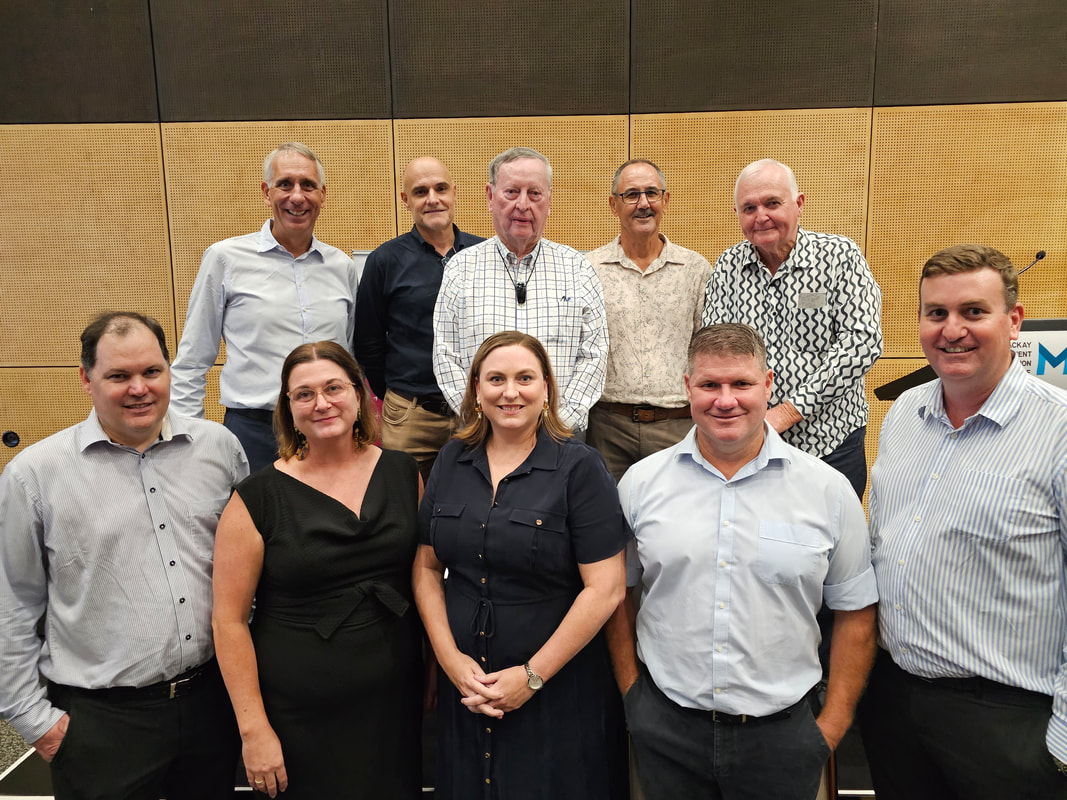
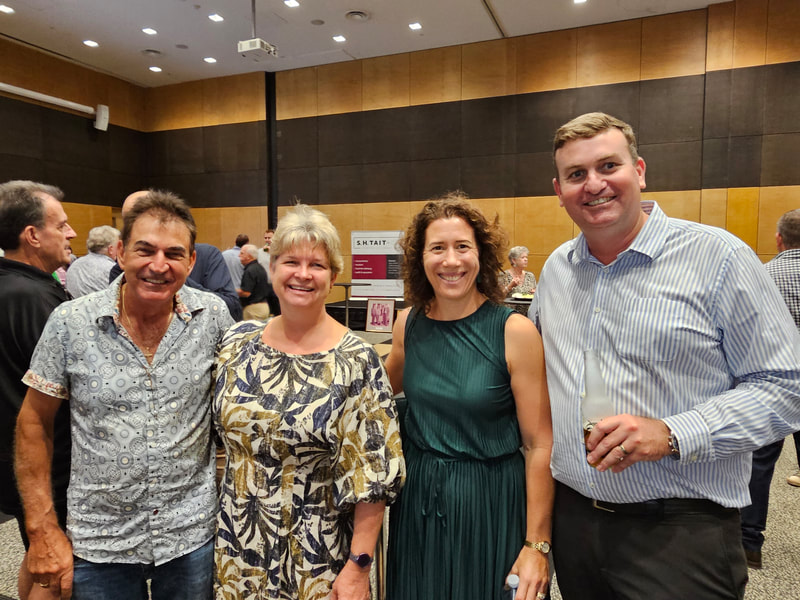
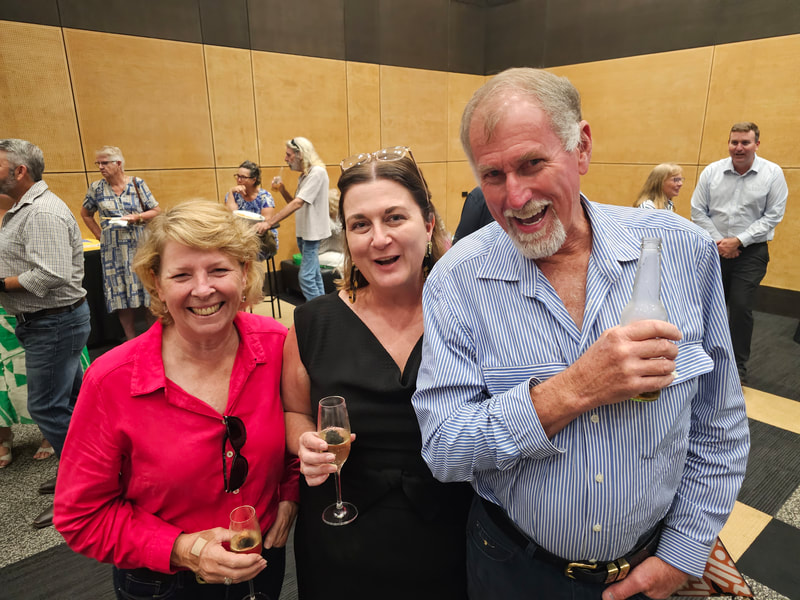
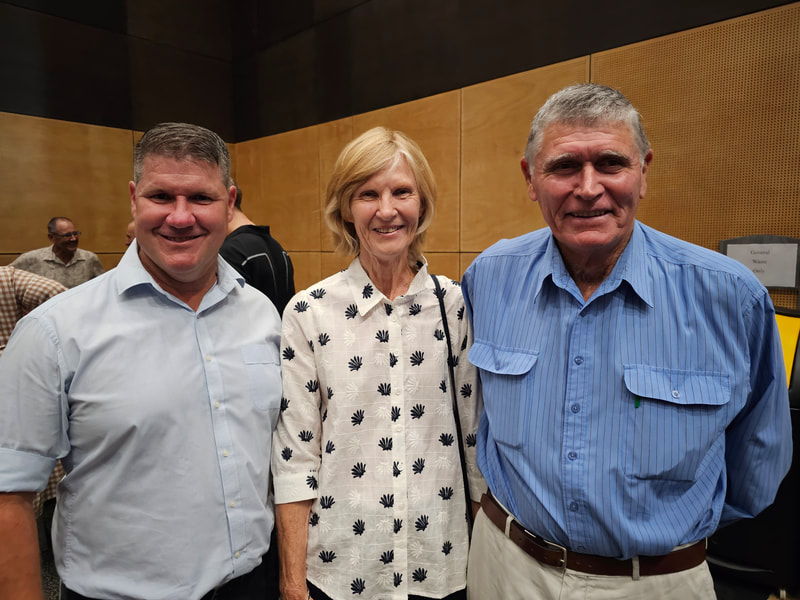
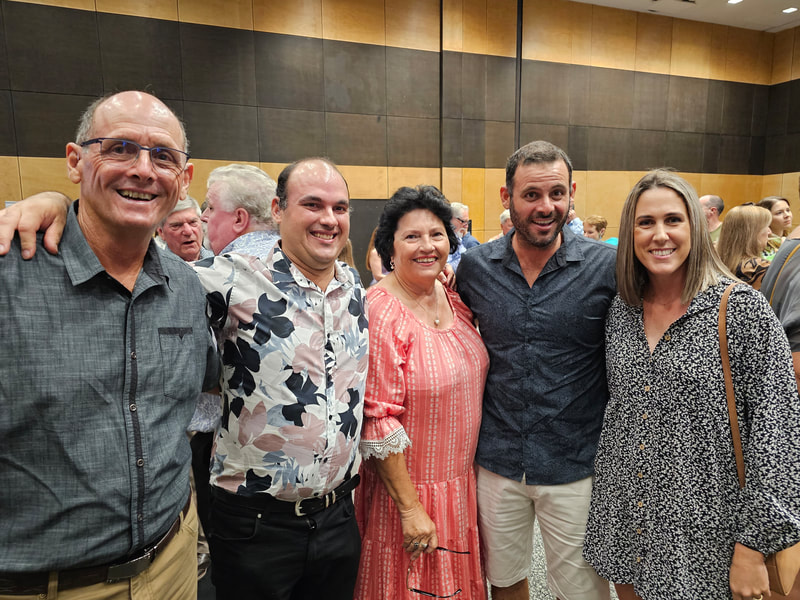
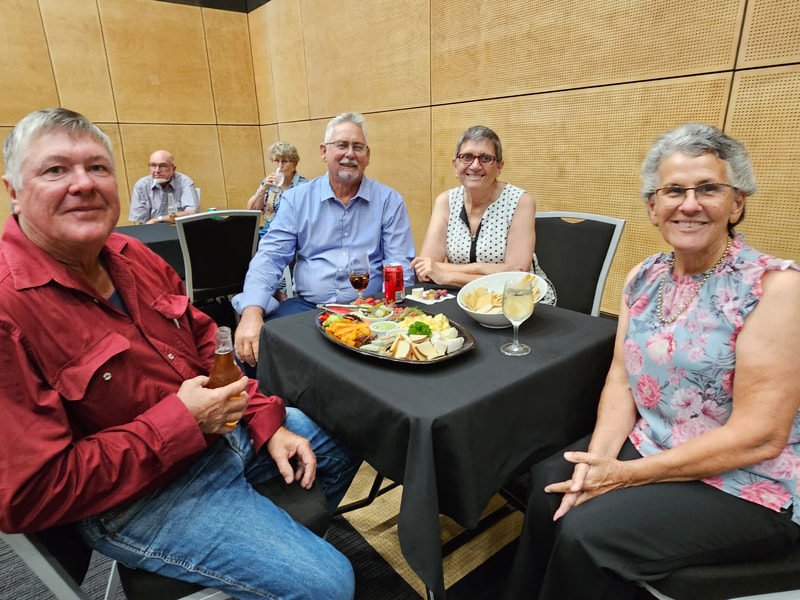
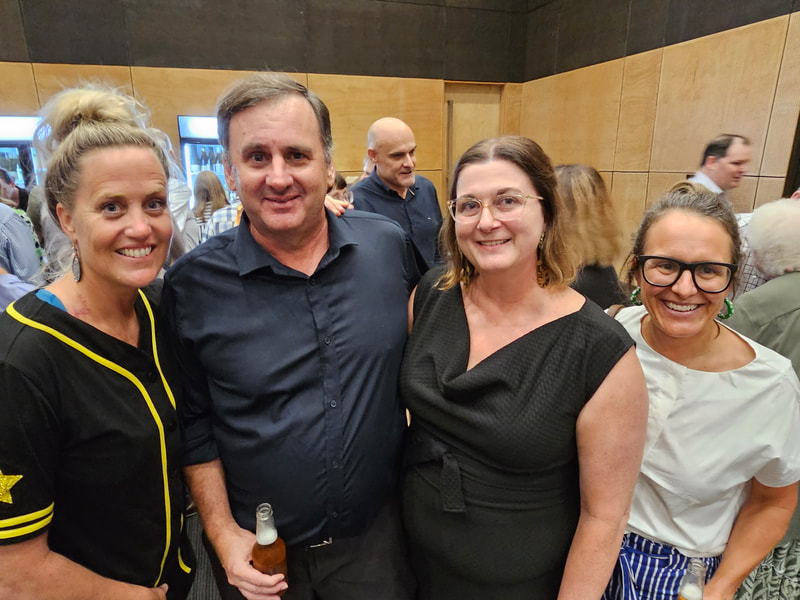
 RSS Feed
RSS Feed